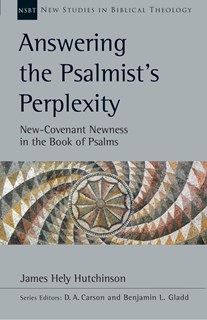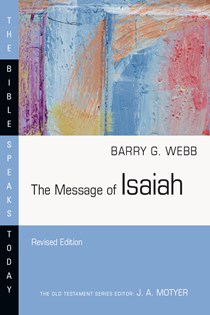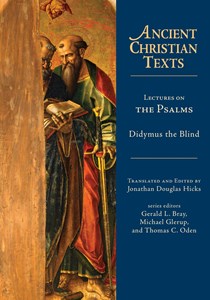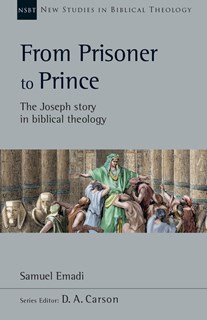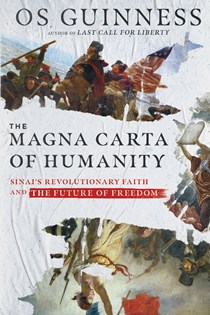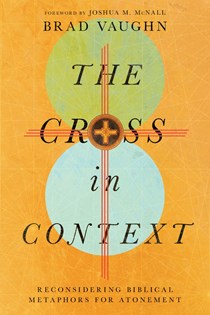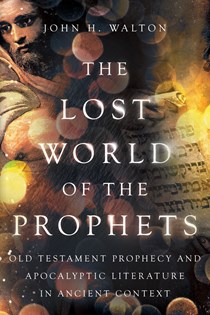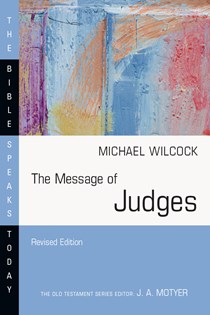Old Testament Theology
-
Answering the Psalmist's Perplexity
New-Covenant Newness in the Book of Psalms
New Studies in Biblical Theology
by James Hely Hutchinson
Series edited by D. A. Carson and Benjamin L. GladdIn this NSBT volume, James Hely Hutchinson explores the perplexity of Psalm 89, tackling a range of matters that contribute to our understanding of the contours of redemptive history, with the overall aim to enhance our grasp of God's breathtaking salvation plan, ability to handle Scripture aright, and worship of the Master.
-
The Message of Isaiah
The Bible Speaks Today Series
by Barry G. Webb
In this BST volume, Barry Webb showcases the outstanding brilliance of style, poetic power, and foretaste of the gospel that the book of Isaiah offers. With accessible insight, he shows how the threads of the Old Testament come together in Isaiah, training our ears and hearts to resonate with its great biblical-theological themes.
-
Lectures on the Psalms
Ancient Christian Texts
by Didymus the Blind
Edited and Translated by Jonathan Douglas HicksOver the course of his career, early Christian theologian Didymus the Blind wrote numerous theological treatises and exegetical works. This ACT volume presents Didymus's lectures on portions of the Psalms as they were originally presented to his students, allowing us to learn at Didymus's feet and find comfort in the Word of God.
-
From Prisoner to Prince
The Joseph Story in Biblical Theology
New Studies in Biblical Theology
by Samuel Emadi
Series edited by D. A. CarsonHow should we understand the significance of the story of Joseph within redemptive history? This NSBT volume from Samuel Emadi offers a comprehensive canonical treatment of the Joseph narrative, considering Genesis 37–50 in its own literary and theological context and culminating in the New Testament's portrayal of Jesus as an antitypical, new and final Joseph.
-
The Magna Carta of Humanity
Sinai's Revolutionary Faith and the Future of Freedom
by Os Guinness
What kind of revolution brings true freedom to both society and the human soul? Cultural observer Os Guinness contrasts the secular French Revolution with the faith-led revolution of ancient Israel. Arguing that the story of Exodus is the richest vision for freedom in human history, his exploration charts the path to the future for America.
-
The Cross in Context
Reconsidering Biblical Metaphors for Atonement
by Brad Vaughn
Foreword by Joshua M. McNallHow has our understanding of cultural and historical context shaped our views on atonement? Combining missiology, theology, and biblical studies, theologian Brad Vaughn draws from the entire biblical canon to help Christians interpret Scripture more faithfully and form a richer, more robust theology of atonement.
-
The Message of Ezra & Haggai
The Bible Speaks Today Series
by Robert Fyall
Few sermons or Bible studies focus on Ezra or Haggai, but the message of these books—their emphasis on building for God, obedience to his Word, and openness to his Spirit—is one that needs to be heard today. In this BST volume, Robert Fyall highlights parallels between Israel and today's church, demonstrating the relevance of these books for God's people in all times.
-
Demystifying Evil
A Biblical and Personal Exploration
by Ingrid Faro
Foreword by Heather Davediuk GingrichHow can we understand God's work in a world permeated with evil? Narrating her own wrestling with evil as well as engaging in biblical and philosophical analysis, biblical scholar Ingrid Faro explores the many dimensions to evil in a way that is soberly honest, biblically engaged, and theologically nuanced.
-
The Lost World of the Prophets
Old Testament Prophecy and Apocalyptic Literature in Ancient Context
The Lost World Series
by John H. Walton
Are the prophets speaking about their own times, about our present, or about some still-unrealized future? Applying his signature method, John Walton provides a clear, helpful guide to the nature of biblical prophecy and apocalyptic literature that will help us avoid potential misuse and reclaim the message of the prophets for our lives.
-
The Message of Judges
The Bible Speaks Today Series
by Michael Wilcock
The book of Judges reveals the deepest sins of humanity in the light of God's abundant grace. Behind leaders such as Deborah, Jephthah, and Samson stands the principal actor in this drama: God as Judge. In this BST commentary, Michael Wilcock illuminates the meaning that Judges still holds for us today, exploring the message that God never abandons his people—then or now.


